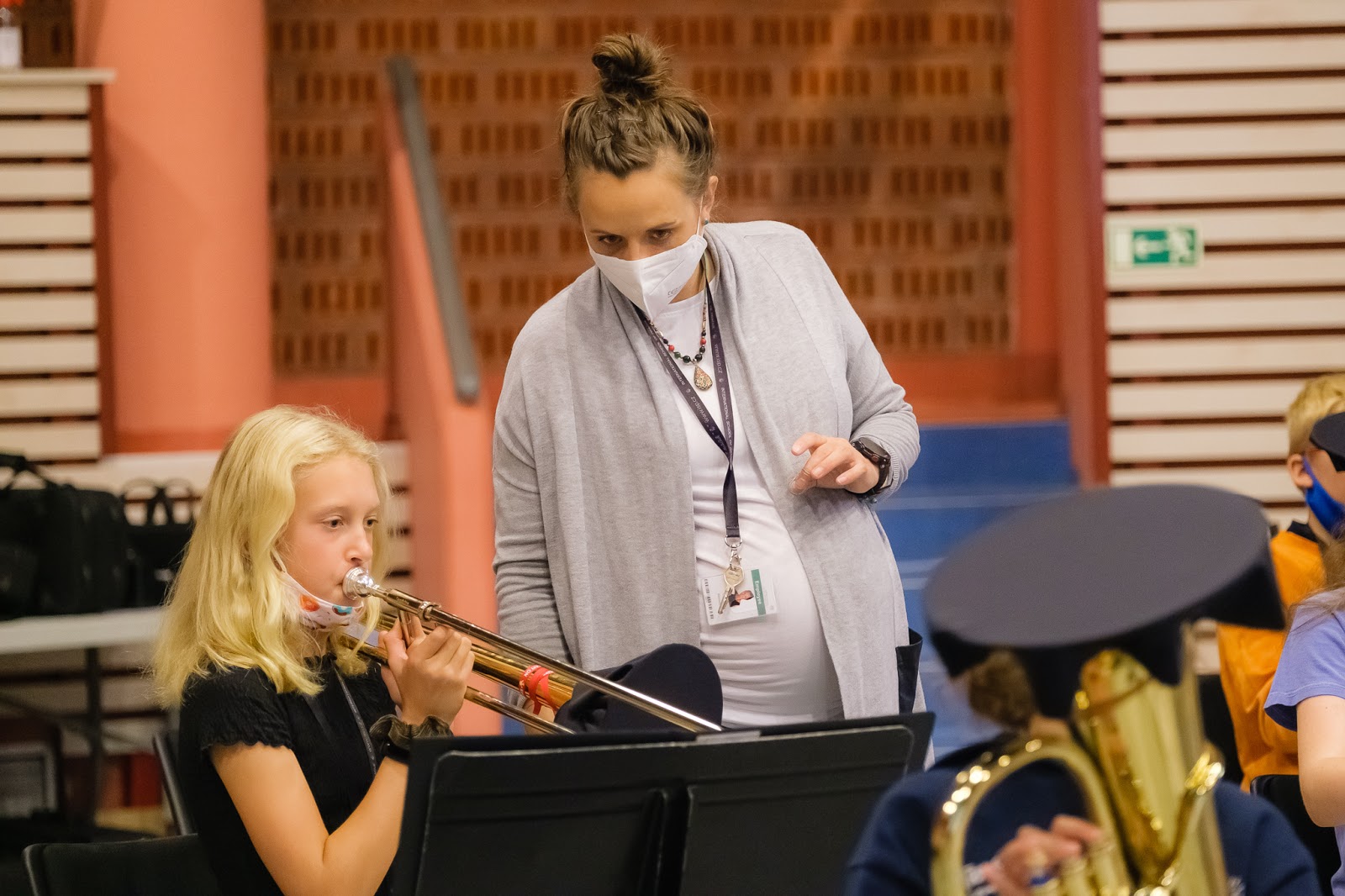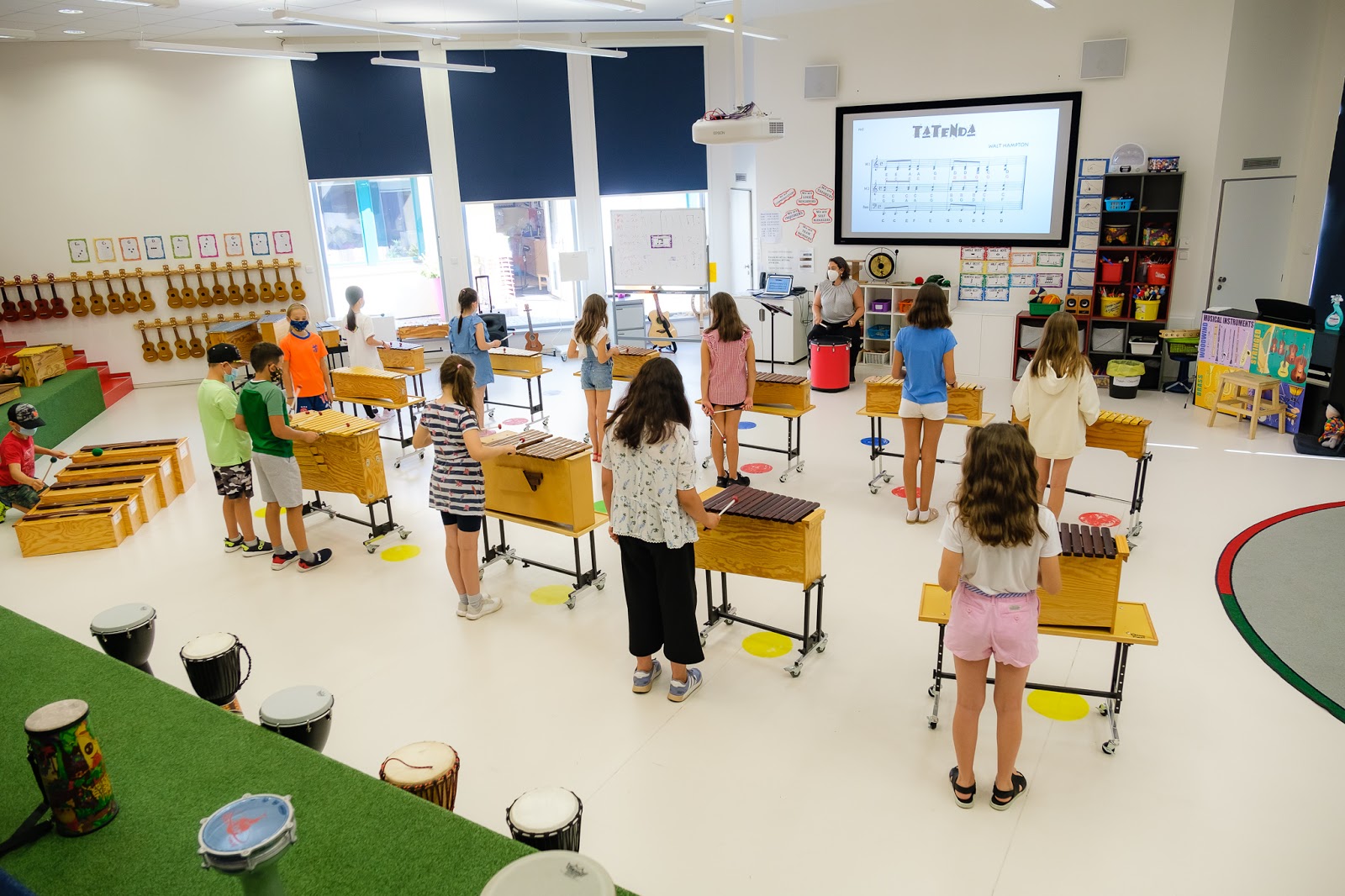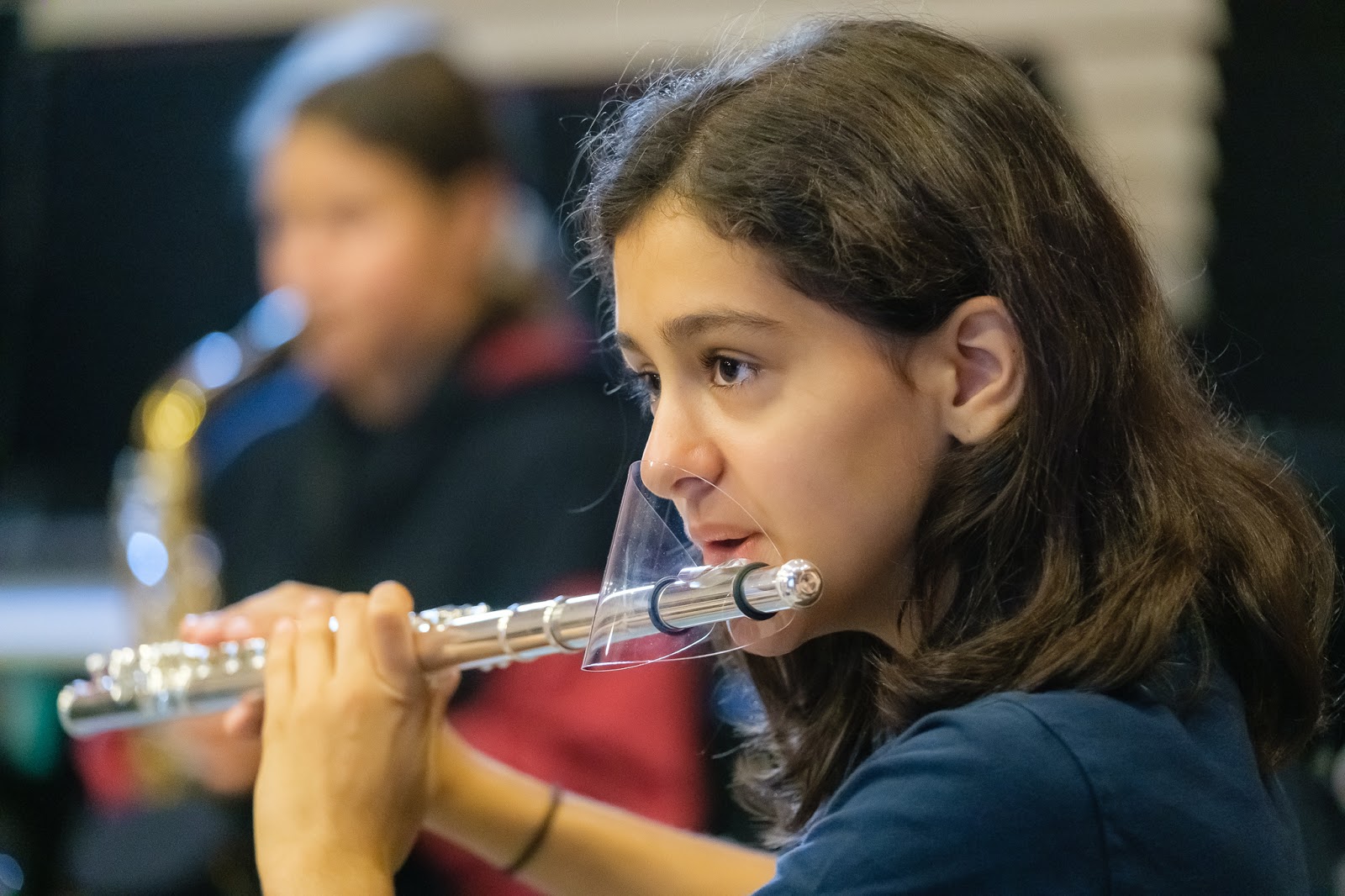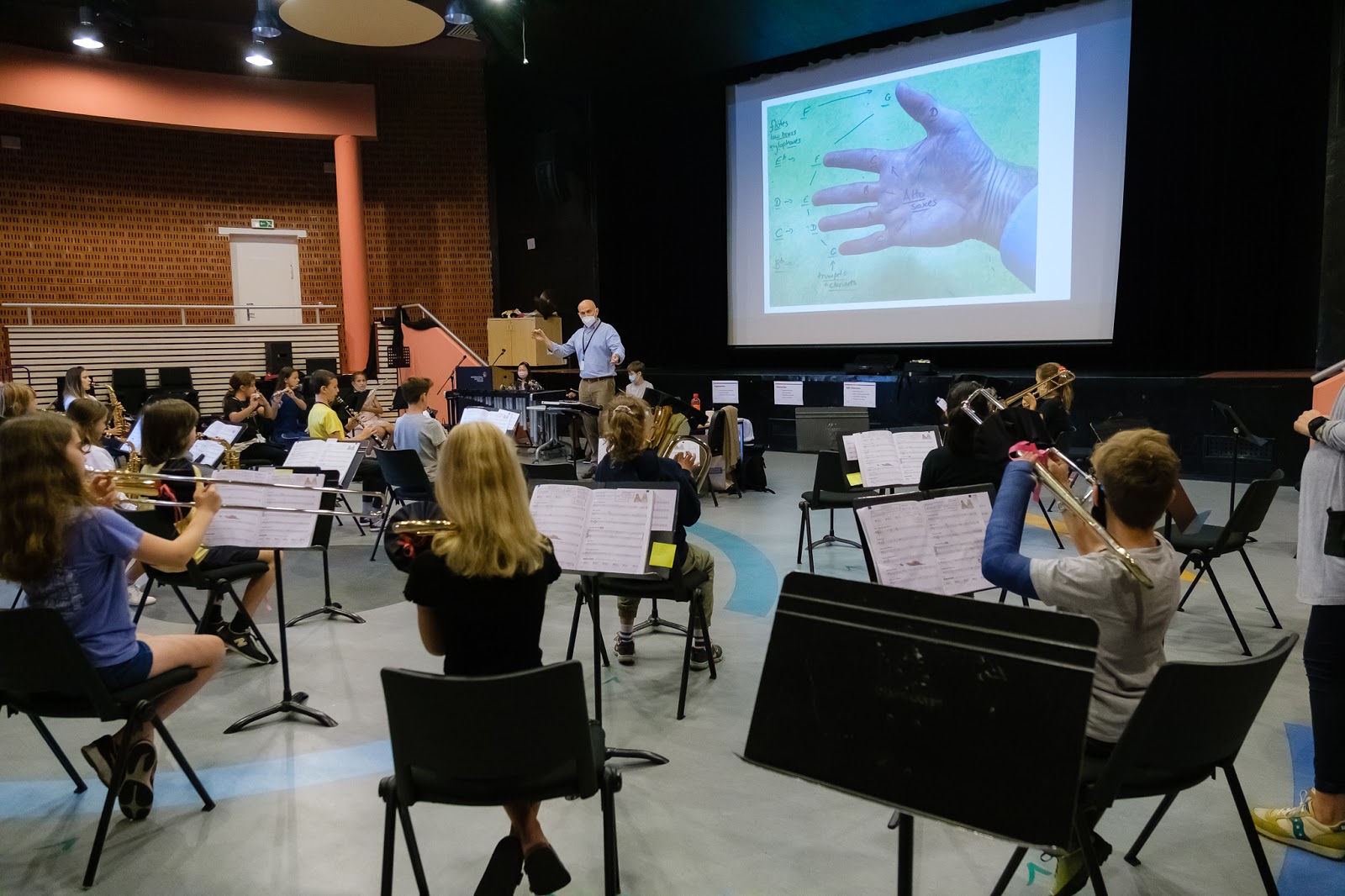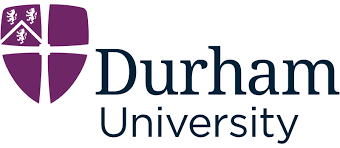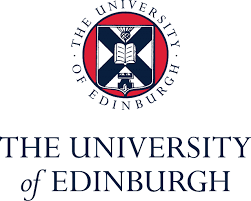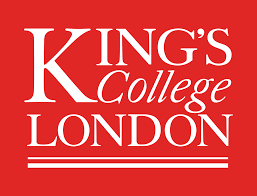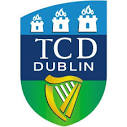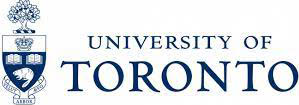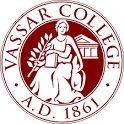Early Childhood Foundations

Middle School
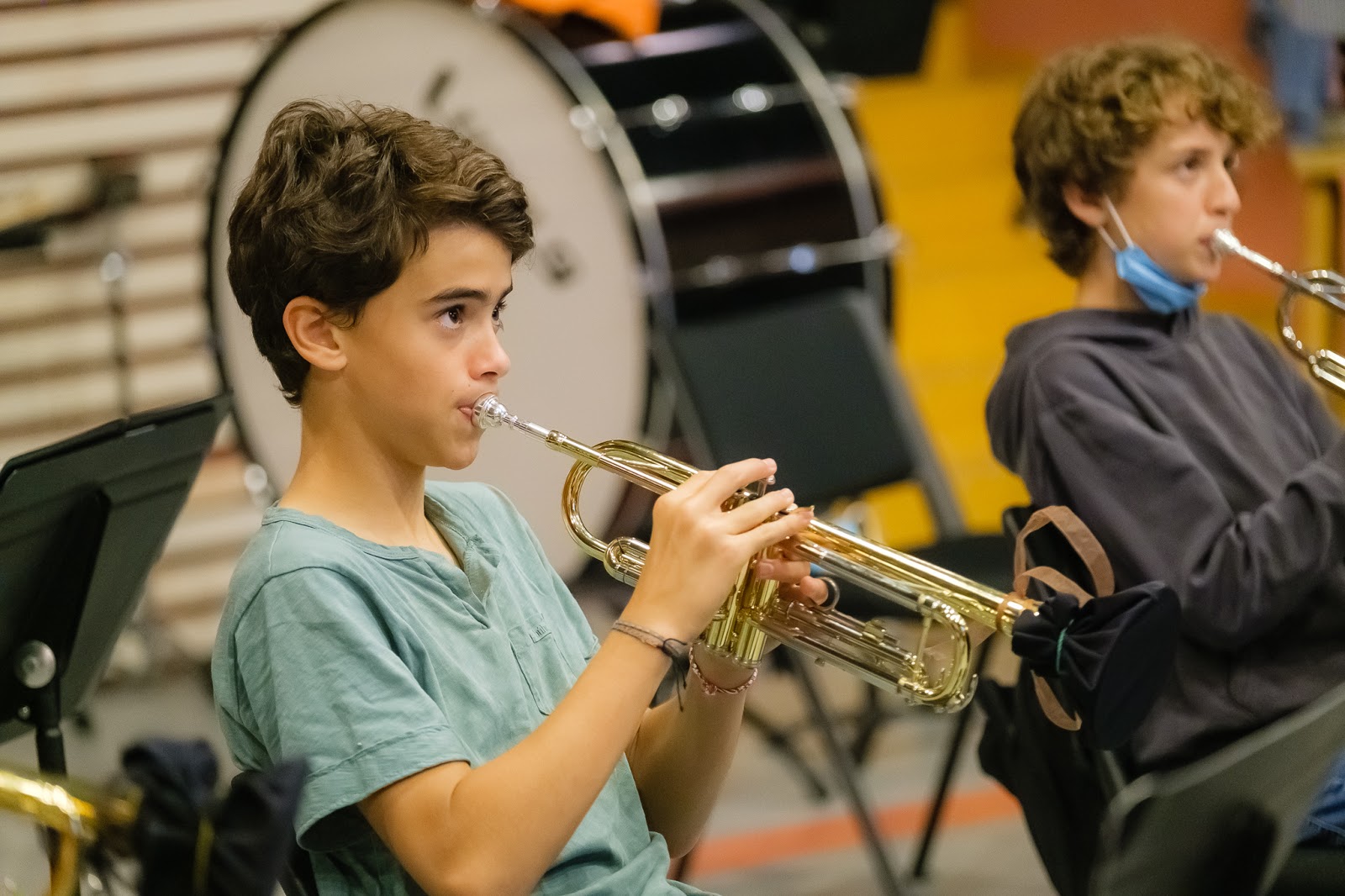
Elementary School
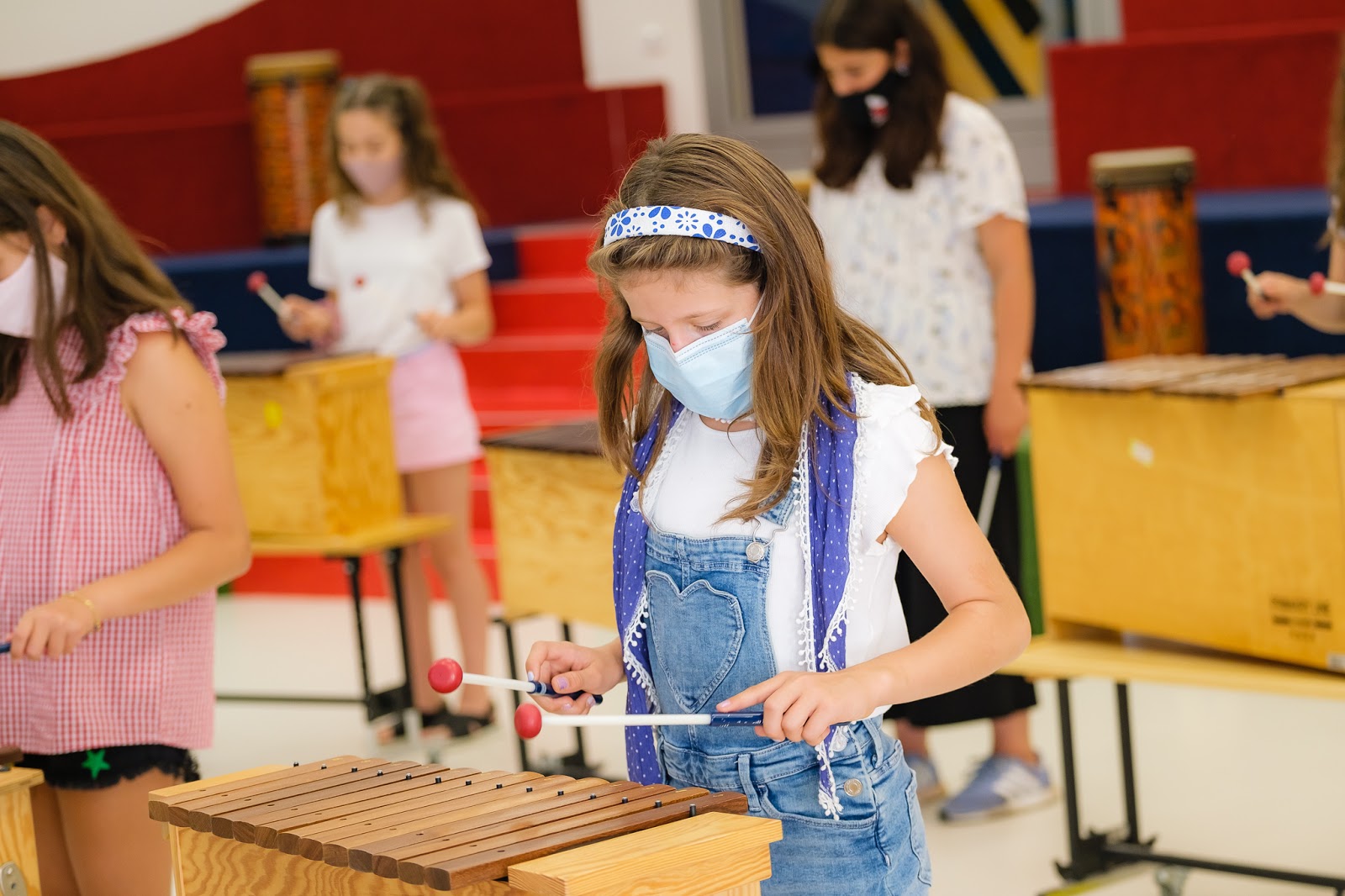
Upper School

As Ms. Simondet departs to begin her maternity leave, we recognize how much she and other music teachers facilitate ISP learners’ curiosity driving what and how they develop their musicianship.
There are many definitions and types of curiosity in the research literature. Ian Leslie explains why Epistemic Curiosity is the type of curiosity best for learning.
Diversive curiosity when we’re attracted to everything that is novel. Epistemic curiosity represents a more disciplined and effortful type of curiosity, a directed attempt to build understanding. It requires hard work and sustained effort.
Adapted from Ian Leslie in Curiosity: The Desire to Know and Why Your Future Depends on it.
Becoming a musician may begin with diversive curiosity but ultimately requires the sustained effort of epistemic curiosity. In Early Childhood Foundations, Ms. Jarka introduces novel music experiences with movement and body rhythms. ES learners deepen as musicians in Elementary grades through singing, reading notation, and learning to play a variety of percussion instruments with Ms Worman.
In Middle School, students choose between band, choir or general music (singing, Ukelele, keyboard and electronic instruments) and Upper School students can continue to develop as an instrumentalist, vocalist or explore another musical avenue through electives.
As the choice of music increases for the learner, they become more deeply involved and motivated. The scientific literature shows that a person’s curiosity is more “state than trait” meaning curiosity is highly responsive to the situation or environment we’re in. Many of us find performing in a large ensemble feeds our ongoing curiosity and therefore, we give effort to continue to learn. For others, learning or composing music individually may be what drives their curiosity as they further their musicianship..
– Teresa Belisle, Director of Learning R & D
